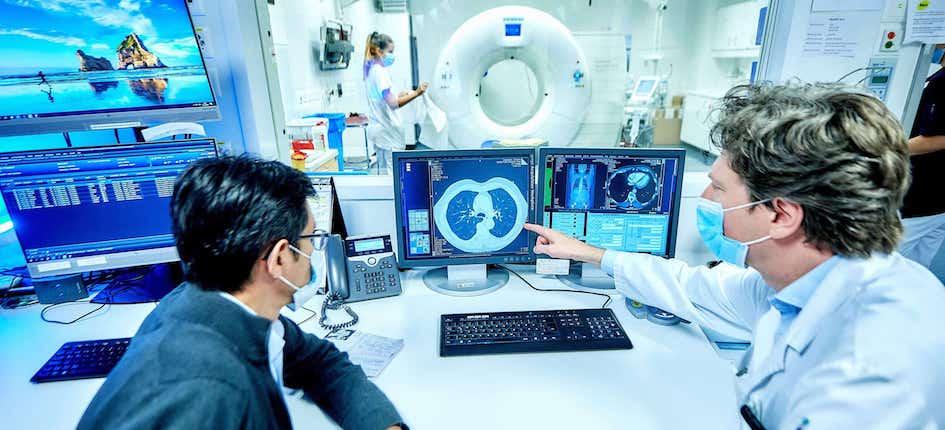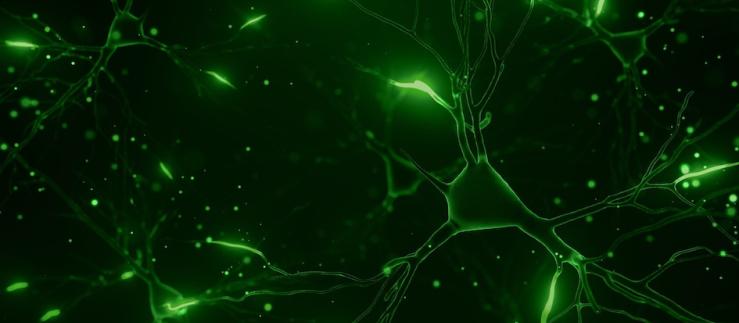Myocarditis (inflammation of the heart muscle) is usually caused by viruses, including the Covid-19 virus. However, it can also be caused by medication, toxic substances or in the context of a rheumatological disease. Today, cardiac magnetic resonance imaging (CMR) is usually performed when myocarditis is suspected. However, the data obtained by itself does not yet allow sufficiently personalized risk assessment and appropriate treatment in certain cases.
In this context, a research team from the University of Bern and the University Hospital of Bern (Inselspital) has been assembled to determine if artificial intelligence can be helpful in allowing individual risk assessment and progression prognosis in the future. The project has received funding from the Center for Artificial Intelligence in Medicine (CAIM) of the University of Bern and Insel Gruppe.
In CMR, more than 1,000 measurements can be collected per patient, including parameters on anatomy, tissue characterization of the heart muscle and pericardium (e.g., inflammation or scars), and heart muscle function data.
According to physicist Yasaman Safarkhanlo of the Department of Cardiology at the Inselspital, "only AI can evaluate these many variables quickly in their entirety. We want to let the data speak to better understand what exactly happens during myocarditis. This is a new approach that does not start from our previous understanding of physiology and looks for a known feature on the images. Rather, with our project, we're starting from the data side to see what new correlations we discover on the images – so we can offer better treatment in the future."
A strong commitment to digitalization and AI applications in medicine
The Department of Cardiology's commitment to using the latest digital technologies for personalized medicine comes at a strategically opportune time with the digitalization projects at the Insel Gruppe and the University of Bern.
"The Faculty of Medicine of the University of Bern is strongly committed to digitalization in medical education and research. With the establishment of the Center for Artificial Intelligence in Medicine (CAIM) the University and the Insel Guppe have created an excellent research platform. It allows utilizing the latest developments in cutting-edge digital technology and artificial intelligence for personalized treatment approaches and to anchor this knowledge in education and training," says Prof. Claudio Bassetti, MD, Dean of the University's Faculty of Medicine and Director and Chief Physician of the Department of Neurology at Inselspital.







